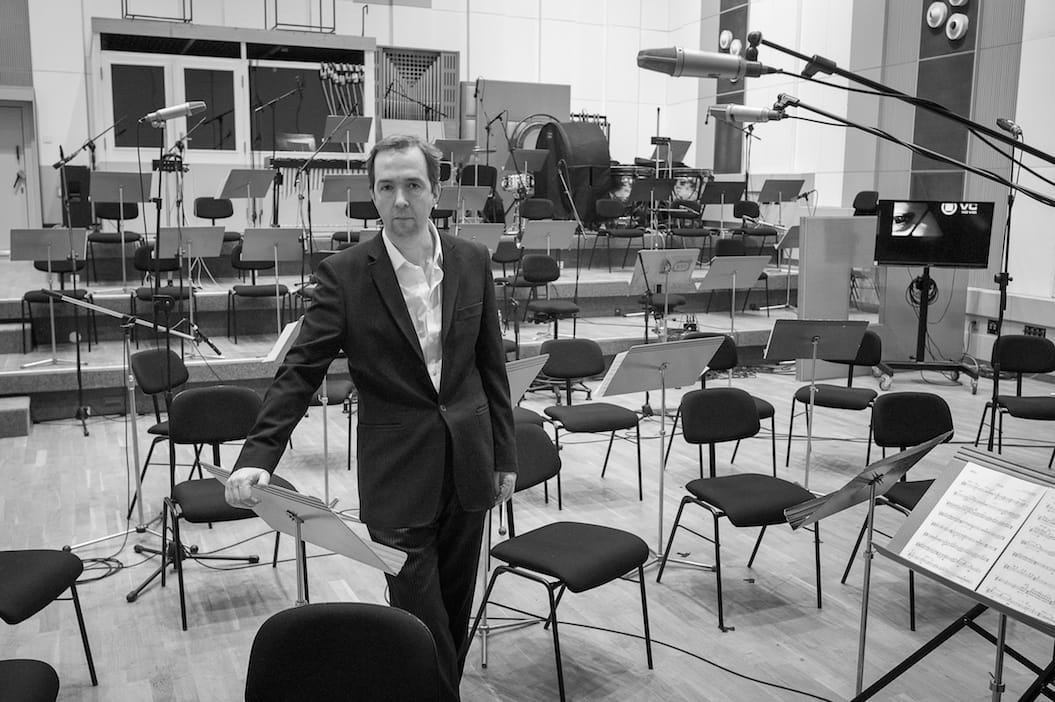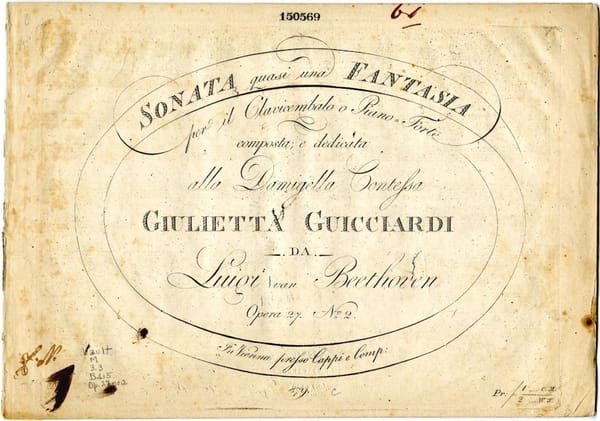Mumbai and the art of not looking at chickens

The new resident conductor of the Symphony Orchestra of India wants to ask you if he’s made a mistake. By Mikel Toms
Not long ago, I came across a drawing on a well-known social media site. “THE CHICKEN GAME!” it trumpeted. My curiosity was piqued. The rules of the game were laid out below the heading. The Chicken Game, it transpires, is not characterised by any sort of tortuous Daedalian complexity. “Rule No 1: Don’t Look at the Chicken” was how the rulebook started. “Rule No 1: Don’t Look at the Chicken” was also how the rulebook ended. Below this injunction, which I concede did not lend itself readily to misinterpretation, was a line drawing of a chicken standing proudly in profile, gazing off into the middle distance, surveying, perhaps, the airy horizons of its chicken run. Over the chicken were emblazoned the words “YOU LOSE.”
Sometimes, this is how my career feels.
The importance of thick skin
One of the things we are told when we launch ourselves along the classical music career path is “Don’t read the reviews!” so naturally we devour them like wolves in a cake shop. One memorably unvarnished review back in the mid-1990s in The Independent described my heartfelt rendition of a 35-minute work of searingly challenging and exploratory avant-garde music as “agonising”. For a few days, the orchestra and I considered how best to respond to this sobering assessment of our performance before deciding to place the quote in the most prominent position possible on the poster for our next concert. “Come to our marvellous concert next Thursday”, the poster implored. It will be “agonising”, The Independent confirmed. Our audience numbers rose by 50%.
I have never been quite been sure what to make of that statistic, although I cannot help thinking that that sort of British cultural masochism might in some way be loosely connected to the wider cultural and economic masochism Brexit Britain is now gaily wading into. I do hope we didn’t kick it all off.
So when my appointment as Resident Conductor of the Symphony Orchestra of India was announced last month, it might not surprise anyone to learn that I found myself casually and frequently flouting Cardinal Injunction No 2 of the Classical Music Career Manual: “Never (but never!) read the internet comments sections.” Norman Lebrecht’s well-known classical music blog Slipped Disc reported my appointment and I scrolled down the page to gauge the reaction to the news in the comments section. “Congratulations, Mikel!” said one reader who chose only to be known as “Robert”. How marvellous, I thought, to receive good wishes and support from unknown Roberts across the globe. “Was it you?” I asked the only Robert I know, solely to eliminate him from my enquiries. “Yes”, said that same Robert. Never mind, I thought, and scrolled on. The next comment was less unequivocally supportive.
“One country where there is so little interest in Western civilisation, even among the most elite classes. Then, the local cultures are so rich, one can easily spend a lifetime just being immersed in them. For a Western classical music practitioner to take up a post in India is not a great career move.”
“Oh dear,” I thought as I watched the ink dry on my contract. “Can this be true?”
My Mumbai black book
I wondered who I could consult on the matter. Having only spent a grand total of two weeks in Mumbai, my contact list was still in its infancy but I wanted to reassure myself that I hadn’t made a grave error of judgement by accepting the position. Was there really no interest in Western civilisation in India? I made a mental note to ask the nice gentleman I had spoken to at a sold-out concert of Western classical music at the 1000-seat Tata Theatre, the same gentleman who thought he had seen me at the Salzburg Music Festival in Austria last year. He goes every year, you see. Was I sure he hadn’t spotted me at a Mozart concert there? I’ve never been to Salzburg in my life, I replied. It couldn’t possibly have been me. What, never? You, a classical musician, have never been to Salzburg, the birthplace of Mozart? No. Never. Oh. I see. But which set of Daniel Barenboim’s Beethoven Piano Sonata recordings did I prefer? 1969 or 2012? I hadn’t heard either…either. I thought for a moment that he looked a little puzzled. On second thought, maybe he wasn’t the very first person I should consult.
How about the nice young man who pressed a manuscript of his freshly composed Romantic piano concerto into my hand? Or, for that matter, what about the young pianist I met after a concert who was off to study at the Royal Academy of Music in London? They ought to know whether anyone in India has an interest in Western classical music. No, on second thought, I knew exactly who to ask. Weren’t there several dozen school children having daily instrumental lessons at the Symphony Orchestra of India’s Music Academy at the NCPA? And there were their parents too. I felt certain that at least one of them would know if there was anyone in India interested in Western classical music.
I thought back to 1994 and the agony I had inadvertently inflicted on that hapless reviewer from The Independent. How, I wondered, would my twenty-something-year old self have dealt with such a gloomy assessment of my forthcoming season with the Symphony Orchestra of India? Of course! He would have printed it for all to see in the most prominent place possible. Now all I needed was to find a sympathetic arts magazine in Mumbai who could be persuaded to publish it for me…
Mission accomplished
The truth, of course, is that Western classical music is exploding in Mumbai and across India. In a world where borders are being built, walls constructed and nations separated, music and the arts are sowing themselves and germinating far from their points of origin, heedless of division. There is a global excitement about new and emerging markets for all types of music, nowhere more so than here in India. To answer the unnamed commenter above: I can think of nowhere else in the world I would rather be making music.
Here is to a wonderful season of concerts with the most appreciative, supportive, enthusiastic, engaged, informed and warm audiences I have ever had the pleasure to meet. I hope you can join us on our grand voyage of discovery through some of the great, perennial masterworks of Western classical music. We very much look forward to sharing this music with you but before we do so, let us all solemnly agree, here and now, to always (but always!) take a long and hard look together at each and every chicken that life chooses to send us.
Mikel Toms will conduct the SOI Chamber Orchestra on 12th November at the Experimental Theatre.
This piece was originally published by the National Centre for the Performing Arts, Mumbai, in the October 2019 issue of ON Stage – their monthly arts magazine.





